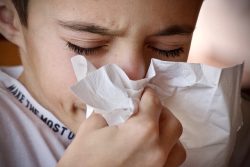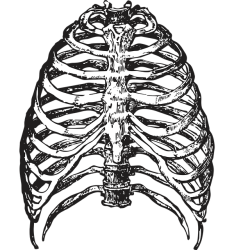Summer swiftly approaches, evoking idyllic thoughts of sun, surf, and fun. When packing for your getaway, we usually hear, “Don’t forget the sunscreen.” Over the past couple decades the medical community has emphasized the imperative use of sunscreen to prevent us from developing skin cancer. The message clearly resonates with the general population. Consumers embrace the sunscreen market, buying products that tout exponentially increasing “sun protection factor”, or SPF, values. Annual sales of sun protection products soar over the multi-billion-dollar mark. Yet incidences of skin cancer are on the rise.
Are we doing more “harm than good” to our health by using sunscreen? Ironically, heeding the “shun the sun” mantra has contributed to the global epidemic of vitamin D3 deficiency. Sunlight, ultraviolet B (UVB) rays, provides the most natural source of vitamin D3, a nutrient essential to our well-being: enhancing bone health and protecting against a wide variety of medical conditions including some types of cancer. When UVB light strikes the surface of our unprotected skin, initiation of vitamin D3 production occurs rapidly. Vitamin D experts believe direct sunlight exposure of about 20 minutes can make a healthy daily dose of 10,000 IU of vitamin D3. Application of sunscreen reduces—or eliminates—vitamin D3 production, denying our body of a long list of health benefits.
A Danish study published in the British Journal of Dermatology examined the association between the thickness of sunscreen layers and vitamin D3 production after UVB exposure. The researchers measured vitamin D3 serum levels in 37 healthy, fair-skinned individuals before and after UVB exposure following an application of SPF 8 sunscreen. Thinner layers of sunscreen correlated directly to higher vitamin D3 serum levels after UVB exposure. Conversely, the thickest application of sunscreen (2 mg/cm2)—recommended by the World Health Organization—negated vitamin D3 production. The results of the randomized clinical trial concluded that sunscreen use may lead to vitamin D3 deficiency.
Nature intends for us to enjoy the health benefits of some sun exposure, but sun safety is important because excess sunlight, UVA rays, can eventually lead to skin cancer. If we practice moderation by basking in the sun for about 20 minutes to make some vitamin D3,* and then seek shade, additional clothing, or other sun protection, we should get adequate sun without the harmful side effects. Before slathering on that sunscreen, think about the product chemicals that will be absorbed by your body. Do you really need these potential toxins? Only you can make the call.
*People with sarcoidosis, specific granulomatous diseases, and rare cancers may experience hypersensitivity to sunlight exposure.
Copyright ©2012 by Susan Rex Ryan
All rights reserved.












